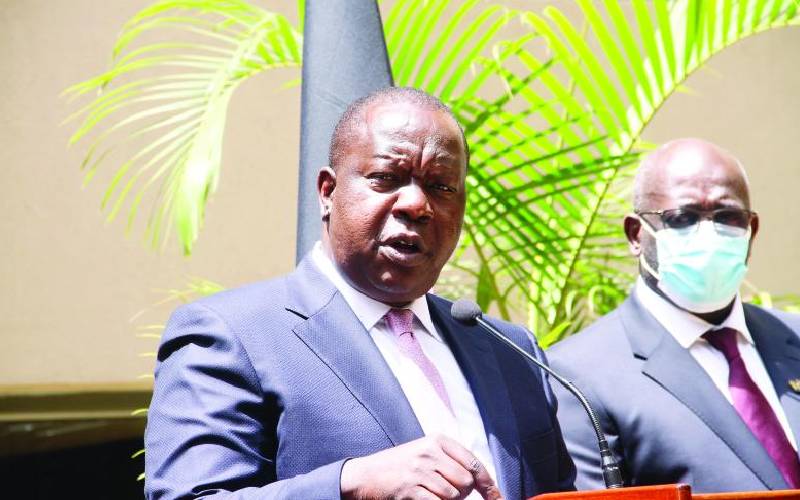×
The Standard e-Paper
Stay Informed, Even Offline

Interior Cabinet Secretary Fred Matiang'i
The death of former Cabinet minister Simeon Nyachae, who was laid to rest last Monday, has rekindled the elusive decades-long search for the unity of the Gusii community.